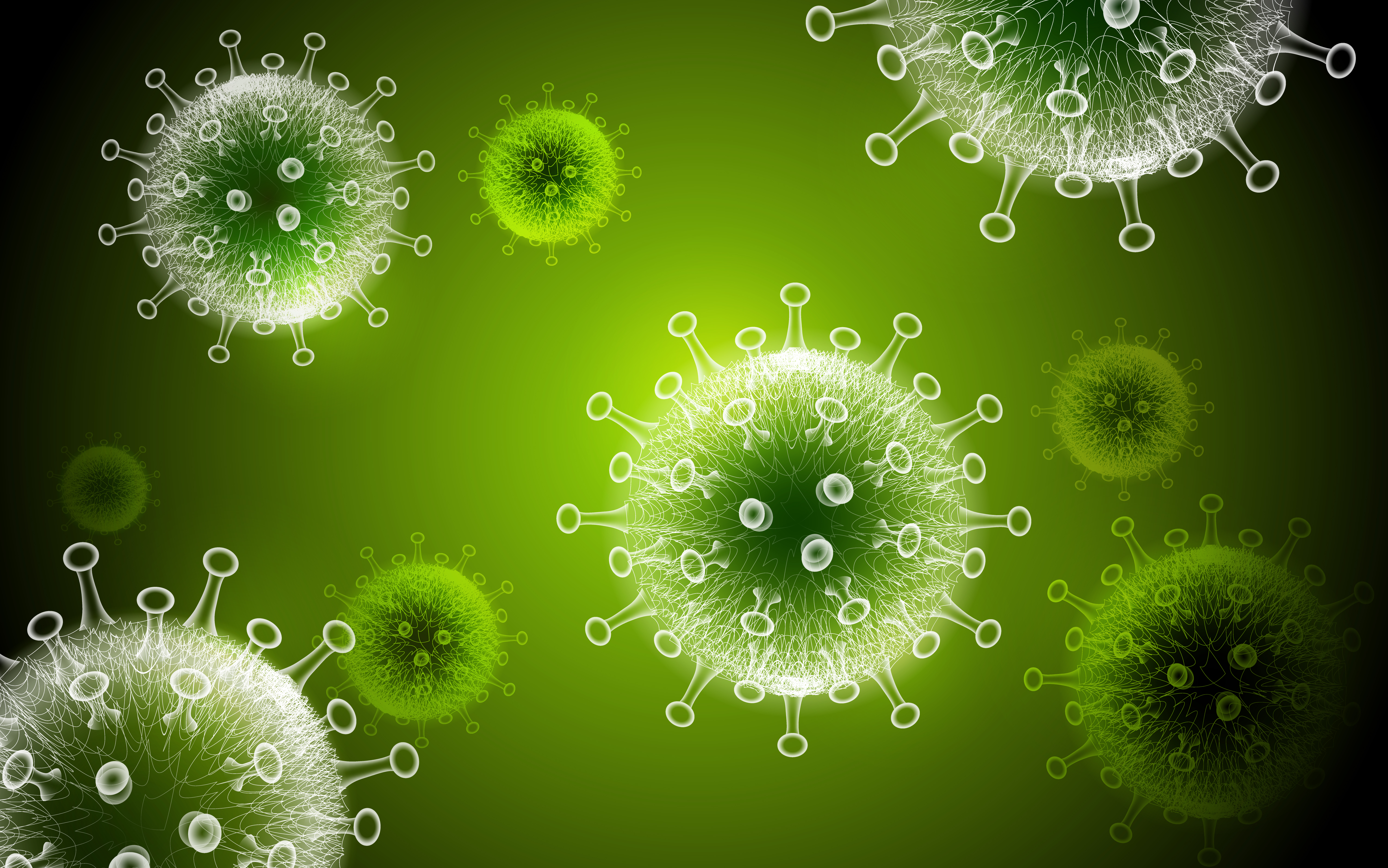How is ACIAR’s work relevant to COVID-19?
ACIAR, as Australia’s specialist international agricultural research agency, has been working on biosecurity-related projects for over 30 years.
Our work in biosecurity is diverse. From directly researching diseases in animals, to understanding fungus in soil, developing new breeds of disease-resistant plants, helping smallholder farmers to meet food safety standards to access better markets, and assisting partner countries to improve their biosecurity capacity.
As a trusted science partner across our region, ACIAR continues to provide research to help understand and address threats to food security from animal and plant diseases and pests. Our research is a very tangible, practical demonstration of our commitment to regional security, prosperity and sustainability.
How has ACIAR responded to the COVID-19 outbreak?
Like many organisations in Australia and around the world, ACIAR has had to completely change the way in which it works to keep our staff and the work of our partners safe.
ACIAR has developed business continuity plans for the entire organisation, including the research programs.
Importantly, our work to help countries and communities grow more and healthier food, improve nutrition and reduce poverty has not stopped. The response to COVID-19 has prevented some of us going to our workplace and travelling to our projects, but the virus has not stopped our work.
Food System Security, Resilience and Emerging Risks in the Indo-Pacific in the context of COVID-19
In May 2020, ACIAR commenced a three-staged assessment of the impacts of COVID-19 on food systems and focused on the associated responses and opportunities for supporting smallholder farmers in the Indo-Pacific. In implementing this three-staged approach, ACIAR has already completed two stages, which include:
- A rapid assessment of emerging food systems risks from COVID-19 in the Indo-Pacific (Sanderson et al. 2020)
- A detailed assessment of vulnerabilities, impacts, and opportunities for action, covering five geographies in the Indo-Pacific (Robins et al. 2020).
In the current and final stage, four problem areas have been identified for a further in-depth assessment:
-
Vulnerability in the Anthropocene: a prospective analysis of the need for social protection
-
COVID-19 gendered risks, impact & response in the Indo-Pacific: Rapid research and policy guidance
-
Agri-food systems transformation through circular migration between Pacific Islands and Australia
While these problems are not unfamiliar to ACIAR, they have not featured strongly in research directions to date. Each of these problem areas presents a good prima facie case for ACIAR engagement. However, there remain substantial unknowns in terms of the impact case for investment, potential entry points and modalities of engagement, and potential synergies with other areas of ACIAR and development partner endeavours. These assessments will shed light on many of these unknowns and provide a basis on which ACIAR can frame a forward-facing response to the ongoing impacts of COVID-19 in the Indo-Pacific region.
